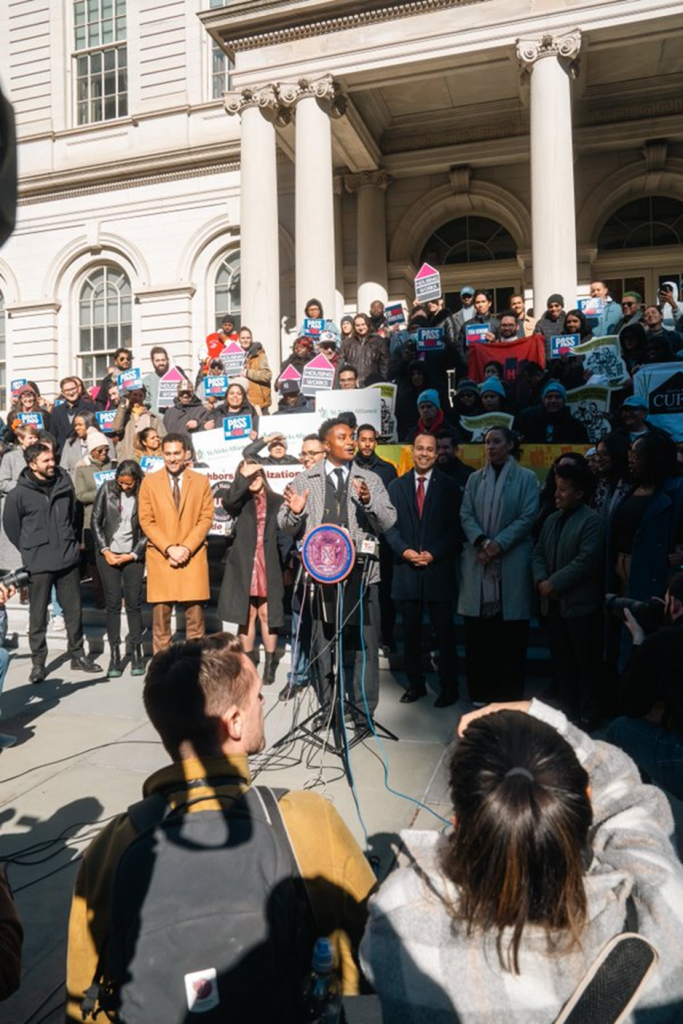New York Governor Kathy Hochul to Reinstate MTA Congestion Pricing Program
New York Governor Kathy Hochul to Reinstate MTA Congestion Pricing Program
By Manhattan Real Estate Tracker, November 14, 2024
Governor Kathy Hochul intends to reinstate the MTA’s congestion pricing program with a $9 base toll for passenger automobiles, which is $6 less than the price originally authorized by the MTA. Governor Hochul paused the implementation of the program during the recent election, but it was expected to be brought back after the election.
The program, which will charge drivers a fee for entering Manhattan south of 60th Street, was initially approved in 2019. Prior to June 30, the MTA had intended to impose a $15 base toll. The program’s proceeds must be used to pay for $15 billion in necessary transportation system maintenance for the MTA. Transit advocates argue that if the tolls are implemented before President-elect Donald Trump enters office, it will be more difficult for him to repeal them.
Over the past 20 years more and more streets in Midtown and Downtown Manhattan have been turned into pedestrian malls, bike lanes and parking lanes that are now almost in the middle of the roadway. These projects began with Mayor Bloomberg approximately 20 years ago. The sidewalk restaurant sheds also take away space on the streets. As a result, the congestion has been increased by these “green” projects.
According to the New York City Department of Health and Mental Hygiene (Health Department), the air quality in the city has improved dramatically during the 2008-2022 period. This survey concluded the following:
Citywide, annual average levels of four key pollutants have gone down between the first year of monitoring, 2009, and the most recent year of data, 2022.
Fine particles (PM2.5): -46%
Nitrogen Dioxide (NO2): -41%
Nitric Oxide (NO): -58%
Sulfur Dioxide (SO2): -97%
The data shows that air quality has improved significantly after local regulations required building owners to convert to cleaner heating oils by 2015. These heating oils were a major source of SO2 in New York City. In 2022, only eight of our 90 sites detected any SO2, and the levels at those sites were similar to SO2 levels measured on Whiteface Mountain in the Adirondack Mountains, demonstrating the success of the clean heating oil requirements.
